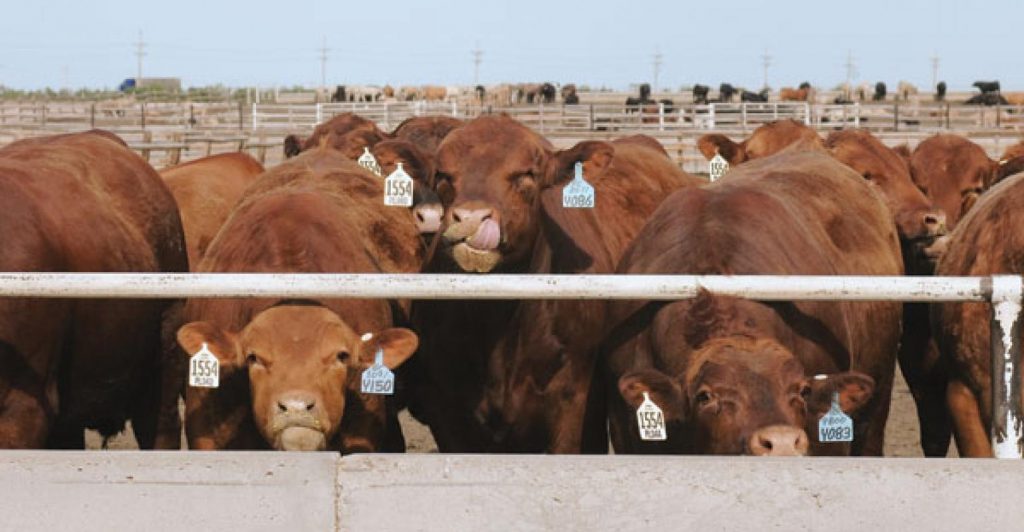
During the annual Livestock Marketing Association meeting, Senior Farm and Ranch Broadcaster, Ron Hays, talked with the vice president of government and industry affairs at the Livestock Marketing Association, Chelsea Good, about Livestock Mandatory Reporting and potential cattle industry fraud.
“I have a lot of faith in our partners in Congress, that they care about LMR just like we do,” Good said. “I would love a five-year extension- a full reauthorization. Thankfully it has not lapsed. It has taken rides under the appropriations bills.”
It is unclear what the future holds for LMR, Good said, but it must be made clear to Congress that reauthorization of LMR needs to be a main priority. Although some organizations would like to see some changes within LMR, Good said LMA does not have a wish list there in terms of LMR adjustments.
“Our perspective has been that it is working well, and that is important data in the industry, and we want to say, ‘Just keep it reauthorized,’” Good said.
LMA has also been involved in the conversation with USDA on the McClain ghost cattle scheme.
“That is what the bankruptcy filing says is about 100 million dollars,” Good said. “A really unfortunate situation. Brian McClain was doing business in a couple of different ways.”
Good said she believes that McClain was a livestock dealer but failed to register as such.
“It is frustrating that we have been told that USDA had requested that he register, and he refused to do so, and nothing happened with that,” Good said.
Good said that McClain was taking in investors and possibly offering them a rate of return that was not reasonable.
“It is really sad, but some of those investors started showing up, and it turns out there were way less cattle than there were investors,” Good said.
Good recommends that Livestock sellers who do not receive timely payment from a dealer file a claim of dealer statutory trust. While USDA did not warn livestock sellers of this promptly after the McClain incident, Good said the industry managed to get the word out.
“There was some pretty clear evidence that we have a situation here and if USDA was really doing their job, they would have gotten that notice to industry out a lot quicker,” Good said. “Hopefully, the industry did USDA’s job for them and kind of spread the word well enough that most people that had dealer statutory trust claims were able to timely file those claims.”
Good said the dealer statutory trust has an enforcement section that requires that USDA steps in when it as the best interest of unpaid sellers or when the dealer is not handling trust assets appropriately. In these circumstances, USDA will either step in or appoint someone.
“We really had to hammer them to get them to appoint somebody as that trustee and it took them, I think a month to do it,” Good said. “They didn’t do a great job of following where cattle went. I had members that were being asked to sell McClain Farm’s cattle after Mr. McClain had passed away. They were being told what to do with those proceeds not by USDA, but other people that maybe didn’t have the appropriate legal advice for them.”
USDA had to be pushed to provide guidance for those individuals, Good said, and thankfully the member markets kept money in the custodial accounts and waited for that advice.
“We have got a lot of work to do to get USDA up to speed and doing the things that Congress told them to do under this dealer statutory trust law,” Good said.
The Beef Buzz is a regular feature heard on radio stations around the region on the Radio Oklahoma Ag Network and is a regular audio feature found on this website as well. Click on the LISTEN BAR for today’s show and check out our archives for older Beef Buzz shows covering the gamut of the beef cattle industry today.














